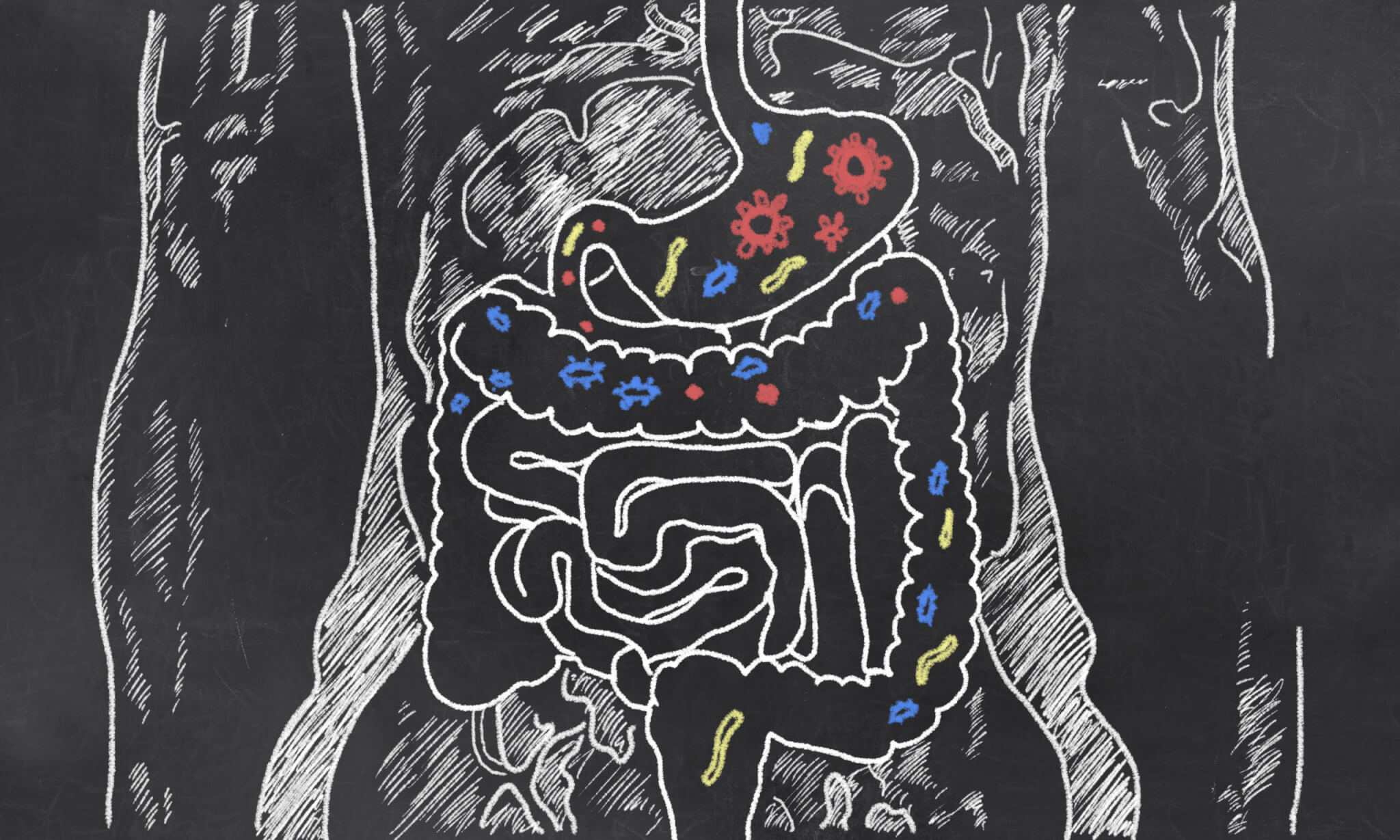COPENHAGEN, Denmark — The average human lifespan has never been longer, mainly due to major improvements in public health and hygiene over the past century or so. The average lifespan in the United States, for example, is about 77 years. Certain people, however, are naturally inclined toward longevity, reaching 100 years-old all by themselves. New research by a team at the Novo Nordisk Foundation Center for Protein Research at the University of Copenhagen is now answering why some people live so much longer than others, discovering that gut bacteria may play a significant role.
During this project, scientists examined 176 healthy Japanese centenarians (people 100 years or older). That analysis led to the discovery that the combination of intestinal bacteria and bacterial viruses within these people is quite unique in comparison to the rest of the population.
“We are always eager to find out why some people live extremely long lives. Previous research has shown that the intestinal bacteria of old Japanese citizens produce brand new molecules that make them resistant to pathogenic – that is, disease-promoting – microorganisms. And if their intestines are better protected against infection, well, then that is probably one of the things that cause them to live longer than others,” says first study author Postdoc Joachim Johansen in a university release.

Some viruses can actually improve your health
Researchers explain this new study shows that specific viruses in the intestines can induce a beneficial effect on the intestinal flora, and consequently, on our health.
“Our intestines contain billions of viruses living of and inside bacteria, and they could not care less about human cells; instead, they infect the bacterial cells. And seeing as there are hundreds of different types of bacteria in our intestines, there are also lots of bacterial viruses,” explains Associate Professor Simon Rasmussen, last author of the study.
Aside from those important, new, protective bacterial viruses, researchers also discovered that the intestinal flora of the Japanese centenarians is quite interesting.
“We found great biological diversity in both bacteria and bacterial viruses in the centenarians. High microbial diversity is usually associated with a healthy gut microbiome. And we expect people with a healthy gut microbiome to be better protected against aging related diseases,” Joachim Johansen adds.
Once the research team knows how the intestinal flora of centenarians appears, they can then get closer to understanding how to increase the life expectancy of other people. Using an algorithm designed by the researchers, they managed to map the intestinal bacteria and bacterial viruses of these centenarians.
“We want to understand the dynamics of the intestinal flora. How do the different kinds of bacteria and viruses interact? How can we engineer a microbiome that can help us live healthy, long lives? Are some bacteria better than others? Using the algorithm, we are able to describe the balance between viruses and bacteria,” Prof. Rasmussen notes.

Scientists could create the perfect gut-balancing medication for long life
Moreover, if study authors can successfully grasp the connection between viruses and bacteria seen in Japanese centenarians, they may be able to determine the optimal balance of viruses and bacteria. More specifically, these new discoveries in intestinal bacteria may help modern science and medicine better understand how to optimize the bacteria found in the human body in order to protect against disease.
“We have learned that if a virus pays a bacterium a visit, it may actually strengthen the bacterium. The viruses we found in the healthy Japanese centenarians contained extra genes that could boost the bacteria. We learned that they were able to boost the transformation of specific molecules in the intestines, which might serve to stabilize the intestinal flora and counteract inflammation,” says Johansen comments.
“If you discover bacteria and viruses that have a positive effect on the human intestinal flora, the obvious next step is to find out whether only some or all of us have them. If we are able to get these bacteria and their viruses to move in with the people who do not have them, more people could benefit from them,” Prof. Rasmussen adds.
In conclusion, researchers say that while much more research is necessary, these new insights are significant, in large portion because they were able to modify the intestinal flora.
“Intestinal bacteria are a natural part of the human body and of our natural environment. And the crazy thing is that we can actually change the composition of intestinal bacteria. We cannot change the genes – at least not for a long time to come. If we know why viruses and intestinal bacteria are a good match, it will be a lot easier for us to change something that actually affects our health,” Prof. Rasmussen concludes.
The study is published in the journal Nature Microbiology.
You might also be interested in:
- Best Probiotic Supplements: Top 5 Gut Health Products Most Recommended By Experts
- Want to live to 100? 10-minute daily walks can get you there, especially if you’re over 85
- Prebiotics, Probiotics, Postbiotics: What Are They And Why Do We Need Them?

